 |
| July 23, 2020 |
Dear Reader,
In the mountains of central Mexico, archaeologists excavating a cave have unearthed evidence that suggests humans arrived in North America at least 15,000 years earlier than thought. But the conclusion has stirred controversy among some researchers. Our lead story has the details. In climate news: How much warming will greenhouse gas emissions cause in the coming years? It’s one of the most fundamental questions about climate change—and also one of the trickiest to answer. Now, a major study claims to have narrowed down the range of possible estimates. And lastly, in case you ever wondered about the boundaries of human gluttony, we have a story about how many hot dogs a person can eat in one sitting. |
| | Sunya Bhutta, Senior Editor, Audience Engagement
@sunyaaa | |
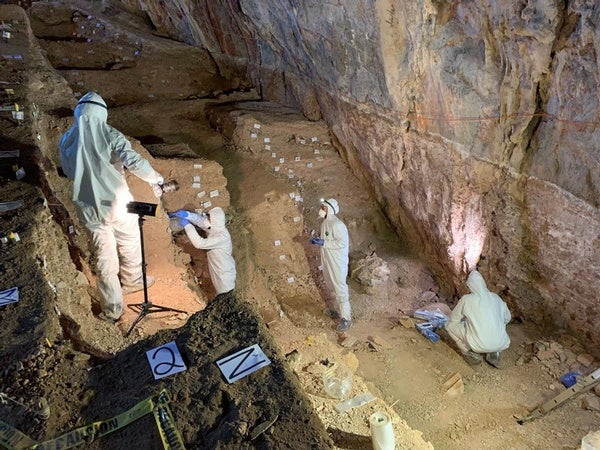 |
| |
| |
| |
| |
| Biology The Svalbard Vault Now Has One Million Seeds Backup seeds—held in storage as insurance against climate change—come from nearly every country in the world | | By Mark Fischetti,Giovanni Magni,Stefania Guerra,Antonella Autuori,Luca Mattiazzi | | | |
| |
FROM THE STORE
 | |
Scientific American Unlimited For just $199 a year, Scientific American Unlimited gives you access to all of our publications, apps and the full website experience. |  | | |
| |
FROM THE ARCHIVE
 | | | |
LATEST ISSUES
 |
| |
| Questions? Comments?  | |
| Download the Scientific American App |
| |
| |




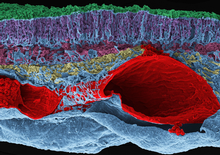

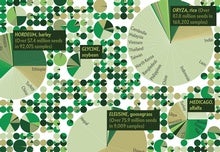




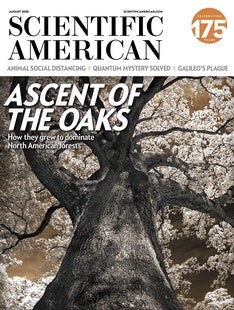



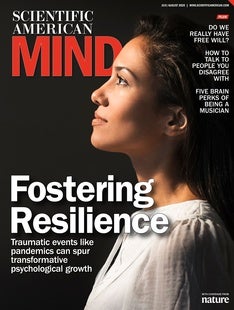



Comments
Post a Comment